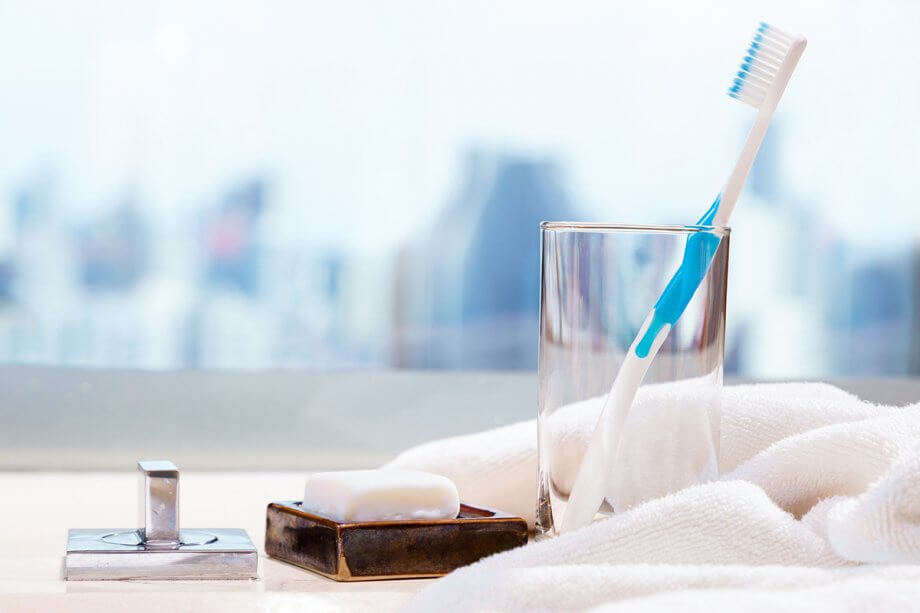When you need a dental crown, you’ll need to carefully consider the type of restoration you’d like. While appearance is one of the most important factors—most patients want a dental crown that looks natural—durability is another consideration. Different types of crowns have different lifespans, with some lasting years longer than others. Here’s what you need to know.
About Dental Crowns
Dental crowns are used for a number of different purposes in dentistry. The most common reason you might need a crown is because you have a cavity that is too large to repair with a dental filling. Crowns are used to protect a tooth after a root canal, strengthen weak teeth, hold dental bridges in place, and restore a tooth after dental trauma. The average crown will last about a decade, but the material you choose can have a significant impact on the expected lifespan.
Types of Dental Crowns
Here are some common types of dental crowns and how long you can expect them to last.
Ceramic Crowns
10 to 15 years
Also known as zirconia crowns, the material used to make these restorations is related to titanium, making them the strongest type of non-metal crown. With their durability, strength, and natural appearance, zirconia crowns are an increasingly popular option.
Porcelain-Fused-to-Metal and Gold Crowns
5 to 15 years
This type of crown combines the aesthetics of a porcelain crown with the strength of metal. Commonly used to restore front teeth, porcelain-fused-to-metal crowns are prone to chipping and if the gums recede, the metal edge can show along the gum line. The down side to gold crowns is the appearance - most people will only consider gold crowns for molars that can’t be seen when they smile.
Extending the Lifespan of Your Dental Crown
To get the most out of your dental crown, good oral hygiene is key. Brush for two minutes twice a day and floss at least once a day, then see your dentist every six months for comprehensive oral evaluations and dental cleanings. Although your dental crown cannot get cavities, the remaining tooth structure under it is still susceptible to decay. If you get a cavity under a crown, it will have to be removed and a new crown will be needed; in some cases, the tooth may need to be extracted and replaced with a bridge or dental implant.
If you grind your teeth or clench your jaw while you sleep, get a night guard to protect your crown and if you bite your nails or use your teeth to open packages or chew on ice, try to break the habit. Unless you have a gold crown, placing this type of stress and pressure on a tooth with a crown can cause it to crack, become loose, or otherwise fail.
Learn More About Dental Crowns
Do you have questions about dental crowns? Are you wondering which type of crown is best for your needs? Contact us today at 330-741-3334 to schedule an appointment for a consultation.

